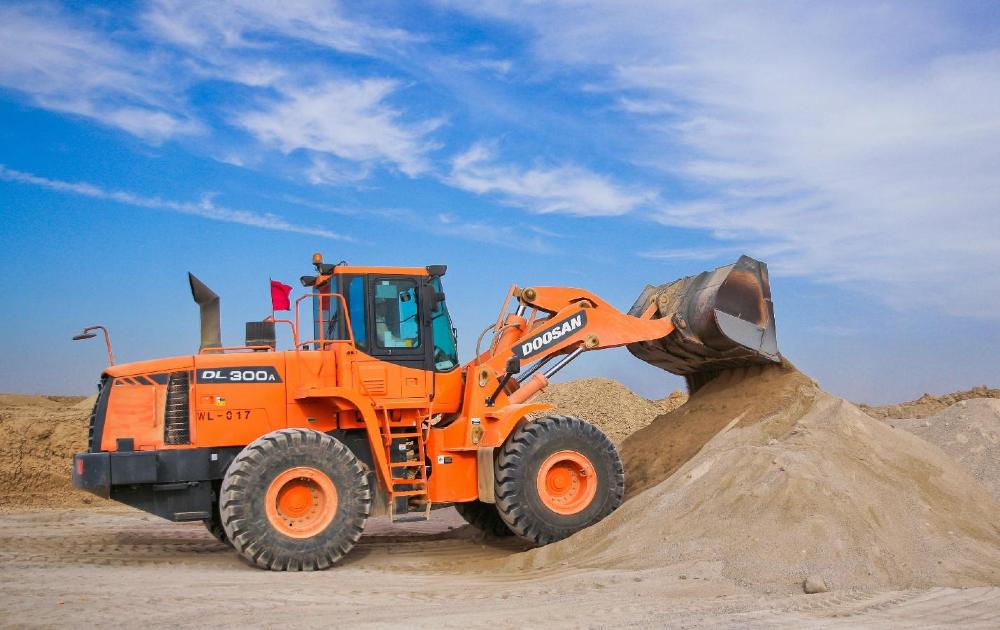
What You Need to Know About Excavators in Construction
If there’s any piece of equipment that can be perceived as an integral part of the construction industry and something that’s also the heart of it, it’s surely the excavator. One of the main reasons why it is so widespread across it is because it is multi-purpose, meaning that it can be used for various tasks.
If you need machinery that’s able to build up the earth, dig, drill, and many other things, then you can always rely on the excavator. Now, if you would like to know more about this powerful tool, then keep reading and you will!
Can Anybody Operate It?
The answer is, most definitely not! What you need to remember is that this machine is pretty complex and requires extensive knowledge, experience, and a set of skills in order to operate it properly.
Therefore, if you haven’t worked with it before, then you must go through certain training that’s going to enable you to do this safely, and who knows, maybe even pursue excavation as your profession.
So, what is the best option in these types of situations then? According to Sydney’s leading excavator ticket provider, the best thing that you can do is to opt for the excavator ticket, which represents the necessary qualification for this career path. With it, you’ll not only master excavation, but it will also open doors to much better job opportunities, which means increased earning potential.
How Can Standard Excavator Be Defined?
It’s safe to say that this piece of equipment represents a phenomenal mixture of omnipotence and maneuverability. It consists of a dipper arm, boom, and bucket that’s embedded in this machinery.
It is capable of rotating at 360 degrees and running on either tracks or wheels, which is something that you should determine, depending on the terrain you’ll be working on. Generally speaking, a typical excavator has low ground pressure and perfectly works on soft terrains.
Nowadays, you can find these machines in a variety of different sizes that are intended for various tasks and purposes. Furthermore, model sizes usually begin at 0.8T and go up to 889T excavators.
Learning All About The Different Sorts Of Excavators
As concluded above, this industry is loaded with excavators of different sizes and types, and the most common ones include the following:
- Crawler excavator – this is the most common type that’s renowned for its track system. It is generally considered very reliable and stable, making it ideal for rough or uneven terrains. Although it’s not the fastest excavator, it has a fantastic grading ability, which means that it’s perfect for road construction, mining, and heavy earthmoving.
- Mini excavator – this one is very lightweight and practical, making it ideal for relatively smaller projects. Even though it’s very small, it’s still very effective and perfect for landscaping and utility work.
- Dragline excavator – this type is pretty big and is normally employed in surface mining projects and large-scale civil engineering projects.
There are many interesting things that can be said about this machinery, however, this article today focused on the facts that may be the most useful to anyone who wants to blast off their career in excavation.


